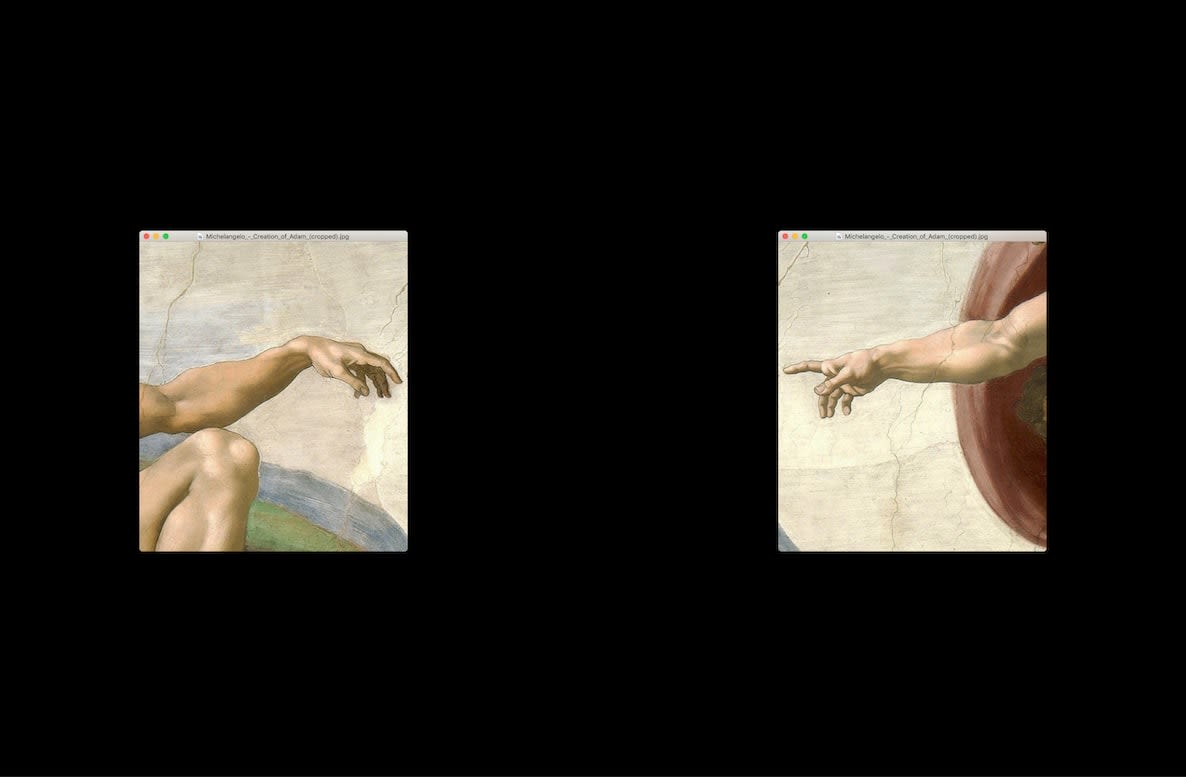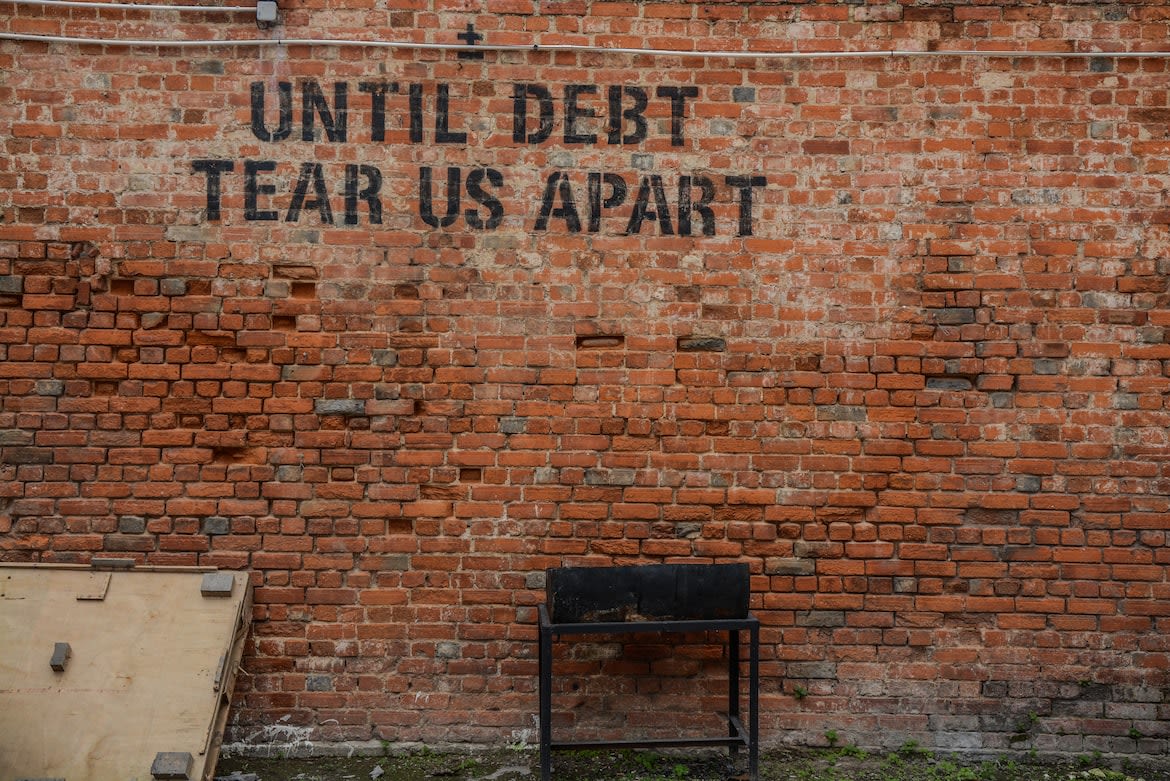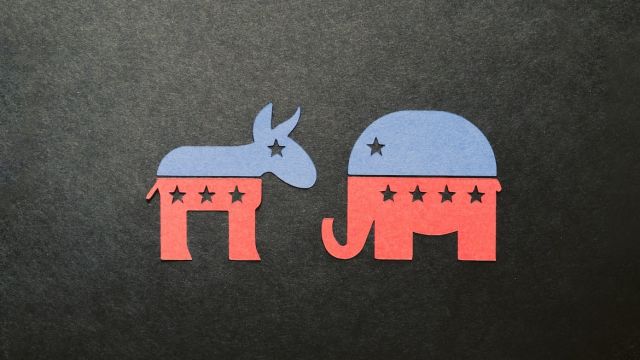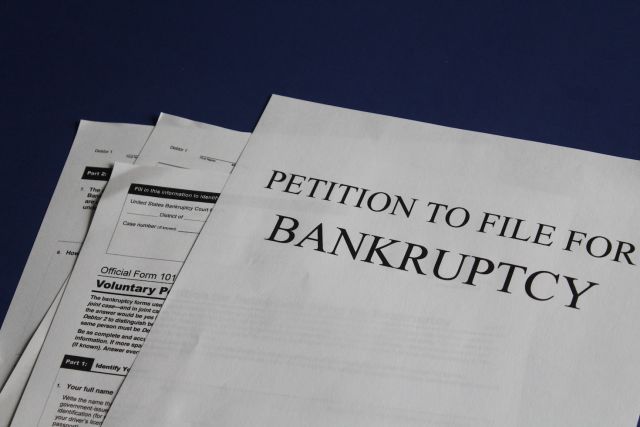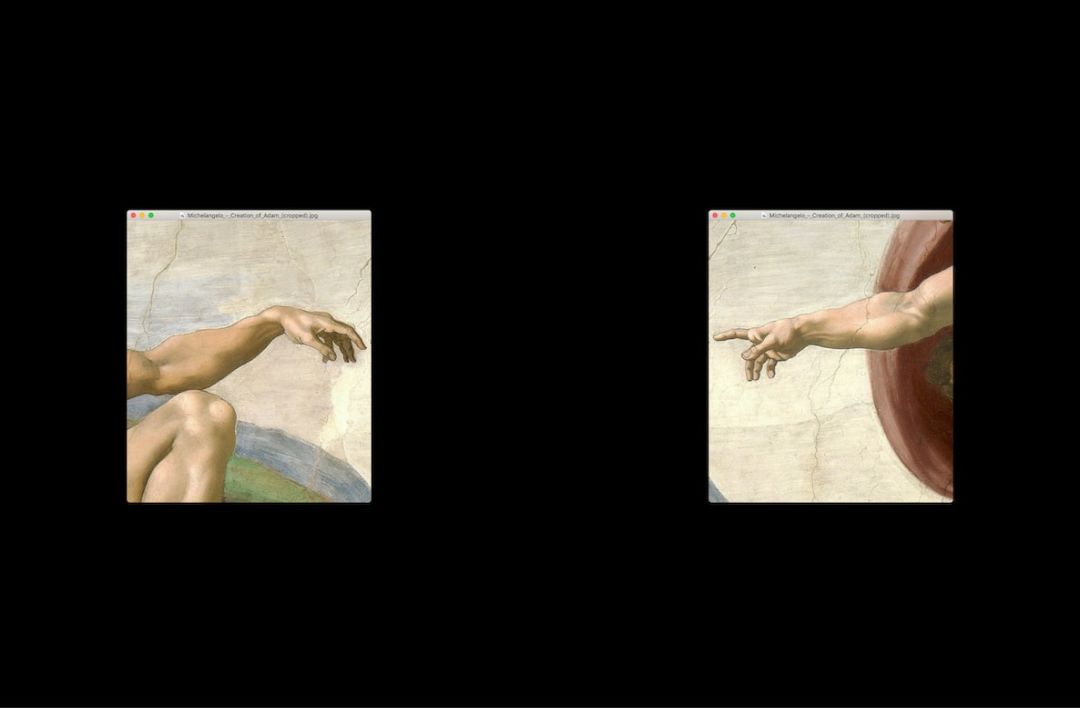
Can We Now Persecute People of Religion

As a follow up to my recent blog post on December 6, 2022, Butcher Baker Website Maker, I have been reading articles where people of religious faith are being denied services for that belief.
In that blog post, I discussed the issues presented before the U.S. Supreme Court regarding whether or not a website designer could be forced to create a website for the wedding of a same sex couple. Several of the justices asked where it will end? Will restaurants go back to baring people of race from dining in the restaurant? Will a Black Santa have to allow a child in a KKK outfit to sit in his or her lap?
We are now seeing denial of services occurring, not against people of race, or color, but of religious beliefs.
In Virginia, the Family Foundation of Virginia, a Christian faith religious organization that advocates for policies based upon Biblical principles was denied service by a restaurant, Metzger Bar and Butchery, simple because workers felt uncomfortable with the organization and what it stood for after employees researched the group.
In another story, Kirk Cameron, an actor and a person of faith, wrote a child’s book expressing religious ideologies. His publisher contacted Public Libraries across the nation to allow Mr. Cameron utilize the library’s story hour public forum to read his book to children who attended. Currently, based upon the story, these Public Libraries have denied him access to present his book.
In both cases, the law was violated.
The restaurant’s denial was in violation of the First and Fourteenth Amendments. They specifically denied service based upon the diner’s religious belief, because their employees would feel uncomfortable serving them. If this is not a violation of the law, then there will be no stopping business from denying services, based upon race, color, sex, sexual orientation or just on the whim that you do not like the way a person looks.
In Mr. Cameron’s case, these are Public Libraries, funded with public tax dollars. They are governmental entities which cannot discriminate for any reason. While they allow drag queens the right to present at story hours, they cannot deny someone from another view point that same right.
Where is the “inclusive, diversity and equity” when these organizations espouse these principles do not follow them.
I support a public library that has all types of information available, even those I would find offensive to my beliefs. Why, because this information is valuable to learn about, from and argue for and against. I do not support a public library that discriminates against anyone for any reason.
How do you reconcile these acts from the one before the U.S. Supreme Court. Simple, the one group that should be allowed to discriminate is religious organizations and their members. It is a very fine line though. For instance, they cannot discriminate against someone of color or race. In certain instance they may be able to do so based upon sex. They most certainly can for sexual orientation.
The line is even thinner when it comes to a business owned by a person of religious faith. There must be a significant element of creativity in the business for the religious beliefs to override the discriminatory basis. Specialty cakes, specialty websites, artistic creations fall into this category. Restaurants, catering halls, DJ’s do not.
While the line is thin in favor of religious organizations and people, it cannot be drawn for non-religious reasons.

